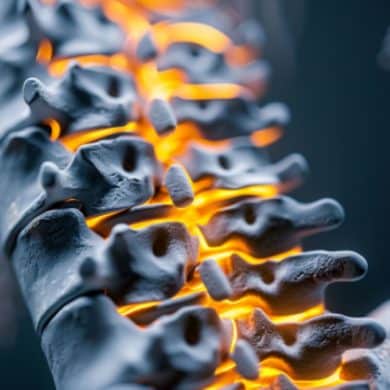Psilocybin Shows Promise in Anorexia Treatment
Click here to view original web page at Psilocybin Shows Promise in Anorexia Treatment Summary: A new study highlights the potential of psilocybin, found in magic mushrooms, as a treatment for anorexia nervosa (AN), a psychiatric disorder with one of the highest mortality rates. The research demonstrated that psilocybin enhances cognitive flexibility and body weight … Continue reading “Psilocybin Shows Promise in Anorexia Treatment”









